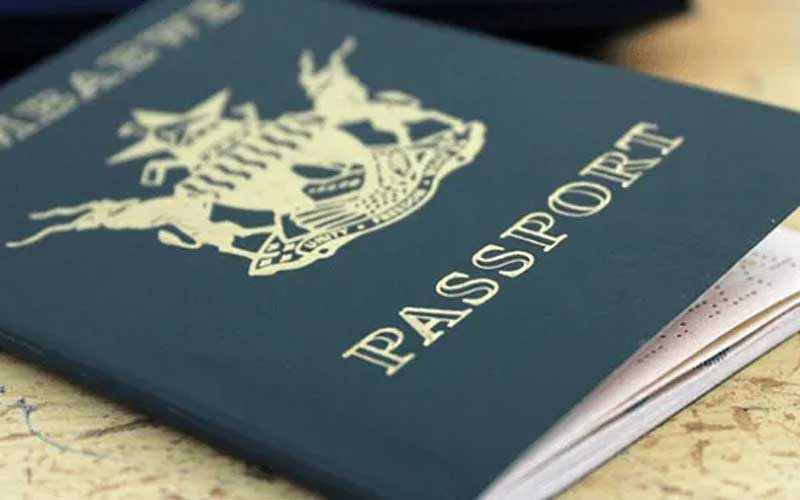
Colonisation created a divided Africa.
Even when King Leopold II ravaged the present day Democratic Republic of Congo, he didn’t envisage that Africa would have independent states one day.
Divisions and borders for Africa are a product of the 1884-85 Berlin Conference where the so-called superpowers parcelled out land, transferring Africa’s minerals and land into their custody.
Today, Africa is independent, but efforts to maintain control of the continent’s resources are still in existence.
Africa has come up with regional economic communities (RECs) with the intention of consolidating trade and creating a powerful economic hub.
It is a fact that a united Africa is stronger than any other continent on the planet.
However, despite several agreements and ambitious plans to create a borderless Africa, passports and visas are still a requirement to travel within Africa, creating a disintegrated continent characterised by xenophobic ideologies.
Africa can do better. No African should be treated like a foreigner in any African country.
- Open letter to President Mnangagwa
- Feature: ‘It’s worse right now than under Mugabe’: Sikhala pays the price of opposition in solitary cell
- Masvingo turns down fire tender deal
- Human-wildlife conflict drive African wild dogs to extinction
Keep Reading
Recent reports that Botswana President Mokgweetsi Masisi is toying with the idea of scraping passport requirements for Zimbabweans entering his country are an interesting development for Africa.
Only the production of national identity cards should be enough to allow for cross-border travel in Africa.
This can expand African trade to boost growth and reduce poverty.
Food security can also be improved through smooth movement of Africans across the continent.
African countries would benefit from scraping of passport requirements for travellers, expanding and diversifying their participation in continental trade to meet global value chains to reduce poverty on a large scale and transform their economies
While African exports of goods and services have seen their fastest growth in the past decade, the volumes remain low at just 3% of global trade.
Africa must first improve its trade restrictions to meet global standards.
Successful regional integration requires more than just lowering tariffs; it also necessitates overcoming local obstacles that prevent common producers and dealers from conducting their everyday business because of too many travel restrictions, like passport requirements.
Reforming the regulatory framework and strengthening the institutions tasked with enforcing it are the means through which this can be accomplished.
Similar to the European Union, the African Union (AU) needs a continent without borders so that its citizens can travel freely among member states, but it seems like there are always challenges in the way.
According to AU, authorities in Mozambique, Malawi, and Zambia found bodies of more than 100 undocumented migrants from Ethiopia who had died of starvation or suffocation while travelling covertly towards South Africa between 2020 and 2022.
People move within Africa for "a variety of reasons," according to the AU, including the need for better socioeconomic conditions through employment, environmental considerations as well as relief from political instability, conflict, and civil strife.
A new trade policy framework is needed that will help expand and diversify the continent’s access to export markets while also strengthening intra-regional trade.
The main dangers to the abolition of passports in Africa come from the mobility of unemployed people from different regions of the continent as well as the likelihood of increasing risks to state security and increased exposure to regional conflicts.
Migrants from developing nations frequently flock to African nations like South Africa because of their stronger economies.
But this can also be managed when African countries work together to improve their security especially through the use of new technology.
*Evans Mathanda is a journalist and development practitioner who writes in his personal capacity. For feedback email: evanngoe@gmail.com or call 0719770038 and Twitter @EvansMathanda19










